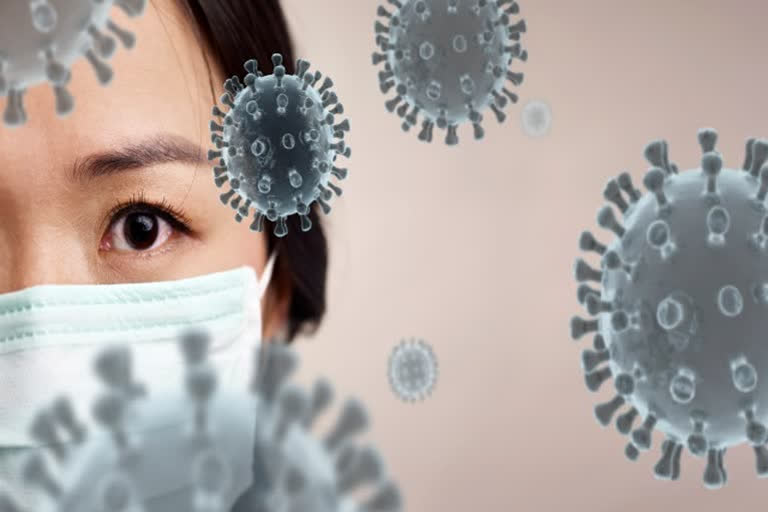London:In unvaccinated people, around one in 20 who get symptomatic COVID-19 experience symptoms for at least eight weeks. Around one in 50 have symptoms that drag out for three months or more.
We wanted to know whether COVID-19 vaccines might protect against developing long-lasting symptoms. To find out, we looked at data provided by more than a million regular contributors to the COVID Symptom Study, a project in which members of the public log their symptoms via an app to help with research.
Our latest analysis of the study's data, covering around 2 million vaccine doses, shows that vaccines significantly reduce the risk of catching COVID-19, with only 0.2% of those fully vaccinated later testing positive for the virus.
Even if you're unlucky enough to catch the virus after being vaccinated, your chances of falling seriously ill or dying are slashed. Double-vaccinated people are 31% less likely to experience acute COVID-19 symptoms and 73% less likely to be hospitalised – a result that's borne out in the relatively low hospitalisation and death rates we're seeing now even as tens of thousands of people are still testing positive every day in the UK.
Reassuringly, for those who did fall ill with COVID-19 after being vaccinated, only around 5% went on to have symptoms that lasted for more than four weeks, meaning their chances of developing long COVID were cut by half. One of the best ways to reduce your risk of getting long COVID is to get fully vaccinated as soon as possible.
However, we did notice that frail older people and those living in more socially deprived areas were more likely to be infected and fall ill with COVID-19 after being vaccinated, especially if they had only had one vaccine dose. This suggests that we should prioritise further vaccination efforts and public health measures such as masking and social distancing among these groups, especially where infection rates are high and people are mixing and moving around.
Vaccines and long COVID
As the UK vaccination programme rolled out, we also started to notice anecdotal reports from people living with long COVID that their symptoms seemed to improve after being vaccinated.
The patient-led LongCovidSOS group chose to investigate this by surveying over 800 long COVID patients early in 2021. More than half of those surveyed noticed an overall improvement in their symptoms after vaccination, which then appeared to be sustained in about half of this group. Around a quarter of the overall respondents reported no difference and one-fifth said their symptoms had got worse.
